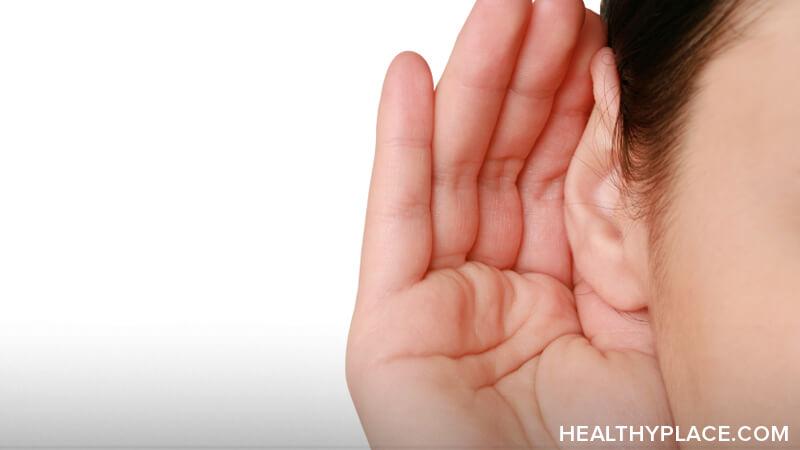

Children with ADHD also tend to exhibit inattention, distractibility, and hyperactivity in any environment, whereas children with Auditory Processing Disorder usually do not have difficulty focusing and paying attention in quiet environments. How can one distinguish between APD and ADHD?Īlthough there is some overlap in symptoms, individuals with Auditory Processing Disorder present primarily with complaints of poor listening skills and frequent requests for clarification, while individuals with ADHD present primarily with complaints of inattentiveness and/or hyperactivity. While ADHD is typically diagnosed by physicians or psychologists from diagnostic symptoms checklists, standardized behavioral rating scales, and observations from parents and teachers, APD is only diagnosed by audiologists through a battery of tests assessing the central auditory nervous system. Studies suggest that 50% of children diagnosed with ADHD may also have APD. In this case, it is an auditory processing disorder causing the child to be unable to allocate attention exclusively to the target while ignoring competing stimuli.ĪDHD may also coexist with an auditory processing disorder. For example, selectively attending to a target voice may be difficult for a child because of an inability to perceptually separate different stimuli into different streams. It is important to identify APD because ADHD medication will not improve auditory processing. Many people feel that ADHD is too quickly diagnosed for children who are difficult to handle in the classroom and that children often end up on unnecessary medication. Because many symptoms of Auditory Processing Disorder overlap with ADHD, and most pediatricians are more familiar with ADHD, it is easy for APD to be overlooked. Individuals who have primarily inattentive symptoms are at risk of being misdiagnosed with ADHD when they actually have APD. The older classification of either attention deficit hyperactivity disorder (ADHD) or attention deficit disorder (ADD) is now referred to as ADHD classified in one of three presentations: Predominantly Inattentive Presentation, Predominantly Hyperactive-Impulsive Presentation, or Combined Presentation. It is not uncommon for children to have been misdiagnosed with ADHD when they actually have APD.ĪDHD can occur with or without hyperactivity. Individuals with ADHD may be poor listeners and have trouble remembering spoken information, but it is the attention deficit that is impeding their ability to use the auditory information coming in, not inaccurate processing of sound in the brain. The individual may act without thinking about what the result will be, have trouble sitting still, daydream a lot, or be overly active. This can be overwhelming and cause the child to “zone out” and shut down.Īttention Deficit Hyperactivity Disorder (ADHD) is a medical condition that results in differences in brain activity that affects the individual’s ability to pay attention and control impulsive behaviors. Children with APD also experience listening fatigue from continuous efforts to process speech and keep up with a class discussion. This can make it hard to focus on the teacher, and it can easily be mistaken for an attention problem. APD can make a child very distractible by noises that most people can easily ignore (such as classmates coughing, moving in their seats, or tapping their pencils). Children with APD often stop paying attention because they are having trouble understanding or they are distracted by background noise. Children with an auditory processing disorder (APD) will pass a basic hearing test but still have difficulty processing sound. It is crucial that the correct diagnosis is made so that the individual can receive appropriate intervention.Īuditory Processing Disorder (APD) is caused by an abnormality in the central auditory nervous system that affects a child’s ability to understand and remember information presented verbally. However, both of these disorders share common characteristics such as distractibility and inattentiveness. Telepractice Services for Auditory Processing Disorderĭid you know that a problem accurately processing sound is often mistaken for an attention problem?Īuditory Processing Disorder (APD) and Attention Deficit Hyperactivity Disorder (ADHD) are two distinct clinical conditions with different diagnostic criteria.Low-Gain Hearing Aids for Auditory Processing Disorder (APD).Deficit Specific Auditory Processing Therapy.ARIA (Auditory Rehabilitation for Interaural Asymmetry).Adults with Auditory Processing Disorder (APD).Differentiating APD from Other Disorders.

What Causes Auditory Processing Disorder?.What are Auditory Processing Disorders?.


 0 kommentar(er)
0 kommentar(er)
